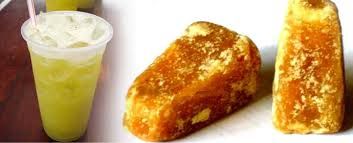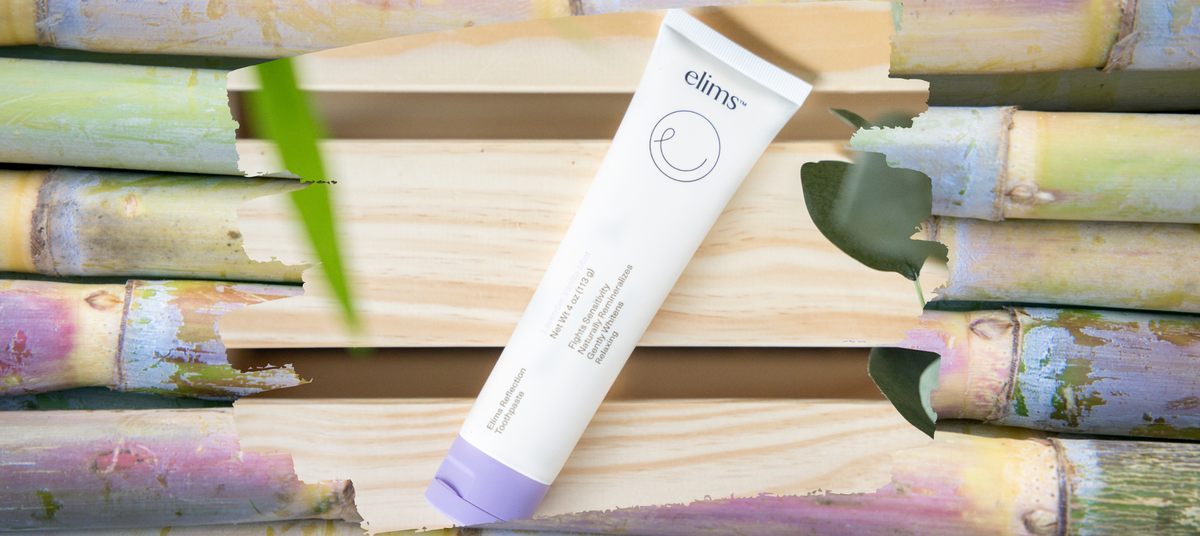How to Select the Best Sugarcane Product for Your Needs
How to Select the Best Sugarcane Product for Your Needs
Blog Article
Sustainable Sugarcane Products: From Sweeteners to Eco-Friendly Item
The possibility of lasting sugarcane products expands beyond traditional sweeteners to incorporate a series of environment-friendly items, offering a compelling case for their integration right into contemporary consumer practices - sugarcane product. As the globe faces pressing environmental concerns, sugarcane becomes a flexible resource with the ability of attending to both dietary demands and sustainability objectives. This conversation will discover exactly how developments in sugarcane growing and processing can lead to substantial improvements in biodegradable product packaging and eco-conscious fabrics. What effects might these advancements have for future consumer options and environmental influence?
Introduction of Sugarcane Sustainability
As the demand for eco friendly items expands, understanding sugarcane sustainability comes to be significantly crucial. Sugarcane, a versatile crop, is grown largely in subtropical and exotic areas, and its sustainability is critical for both environmental wellness and financial practicality. Lasting sugarcane farming techniques concentrate on reducing eco-friendly effect while optimizing productivity and success.
Secret elements of sugarcane sustainability consist of effective land usage, minimized chemical input, and enhanced water monitoring. Practices such as plant turning, integrated parasite monitoring, and organic fertilizing add to soil health and wellness and biodiversity. In addition, cutting-edge technologies, such as precision agriculture, aid maximize source usage and lower waste.
In addition, sugarcane is a renewable energy, with byproducts that can be used in different markets, from biofuels to eco-friendly plastics, consequently reducing dependence on nonrenewable fuel sources and lessening carbon impacts. Qualifications like the Bonsucro common urge lasting techniques throughout the supply chain, promoting transparency and liability.
Sugarcane-Based Sweeteners
Utilizing sugarcane as a primary source, sugarcane-based sugar have gained prestige as all-natural alternatives to polished sugars and sweetening agents (sugarcane product). These sweeteners, originated from the extraction and handling of sugarcane juice, use a variety of items that accommodate varied consumer preferences, consisting of organic and minimally refined choices
Among one of the most notable sugarcane-based sugar are raw walking stick sugar, panela, and molasses. Raw cane sugar preserves more of the all-natural flavors and nutrients located in sugarcane, making it a preferred choice for health-conscious customers. Panela, a traditional Latin American sugar, is produced by vaporizing sugarcane juice, protecting its all-natural minerals and vitamins. Molasses, a by-product of sugar removal, is rich in anti-oxidants and essential nutrients, functioning as a nutritious sweetening agent in numerous culinary applications.
The growing demand for sugarcane-based sweeteners is driven by increasing awareness of health and wellness and sustainability issues linked with traditional sugar. By choosing sugarcane-derived products, consumers not just sustain sustainable farming techniques but also contribute to a much healthier way of living, straightening their nutritional selections with their environmental values.
Naturally Degradable Product Packaging Solutions
Becoming a feasible choice to conventional plastics, biodegradable packaging services originated from sugarcane are changing the product packaging market. These cutting-edge products give an environmentally pleasant option that deals with the growing issues over plastic contamination. Using the natural sugars discovered in sugarcane, suppliers are establishing various forms of biodegradable packaging, consisting of films, containers, and covers that disintegrate a lot more quickly than standard plastics.
The main benefits of sugarcane-based product packaging depend on its sustainable sourcing and its ability to break down right into safe by-products. Unlike fossil fuel-derived plastics, which can continue the environment for centuries, sugarcane packaging usually decays within a few months under appropriate conditions. This decrease in waste not just reduces landfill overflow but also lowers the carbon impact related to packaging products.
Additionally, sugarcane-derived packaging maintains robust efficiency attributes, providing comparable longevity and functionality to conventional alternatives. As businesses and consumers increasingly focus on sustainability, the adoption of biodegradable product packaging options represents a significant action towards a round economic climate, where from this source products are reused and restored instead than discarded. This change not only improves brand picture however additionally adds to a much more sustainable future for the planet.
Eco-Friendly Textiles and Fabrics
Eco-friendly textiles and materials are gaining traction in the style and home goods markets as consumers significantly demand lasting choices to conventional products. Amongst the remarkable choices are textiles derived from sugarcane, which use an environmentally accountable choice to synthetic fibers. These fabrics are produced with a procedure that makes use of the renewable energies located in sugarcane, substantially decreasing reliance on petroleum-based products.

Brands are progressively integrating environment-friendly fabrics right into their product, showing a wider dedication to sustainability. This shift is not merely a pattern however an essential advancement in feedback to ecological worries. As the marketplace for lasting fabrics increases, customers can anticipate cutting-edge layouts that combine design with eco-friendly duty. Inevitably, green fabrics and materials stand for a considerable step toward reducing the fashion industry's ecological impact while dealing with the expanding need for liable customer options.
Innovations in Lasting Farming
Reinventing farming practices, developments in lasting farming a fantastic read are transforming the method crops are expanded and handled. These innovations focus on lessening ecological impact while maximizing performance and productivity.

Moreover, agroecology, which integrates environmental concepts into farming, promotes biodiversity and soil health and wellness. Practices such as plant turning, cover chopping, and intercropping foster resistant ecosystems that can endure pests and environment variants - sugarcane product. In addition, the usage of organic fertilizers and biopesticides adds to healthier soils and ecological communities

With each other, these technologies are not just reshaping the agricultural landscape yet additionally adding to a much more sustainable future for sugarcane and various other plants, lining up agricultural techniques with environmental stewardship.
Verdict
Lasting sugarcane products represent a substantial improvement in green choices, covering from natural sugar to naturally degradable goods. The farming of my latest blog post sugarcane with sustainable practices not just enhances ecological health and wellness but additionally contributes to financial practicality. As consumer preferences significantly lean towards sustainable alternatives, the adaptability of sugarcane as an eco-friendly source becomes significantly appropriate. This trajectory emphasizes the significance of ongoing technology and dedication to lasting methods within the sugarcane sector, promoting an extra sustainable future.
The possibility of lasting sugarcane products prolongs past traditional sweeteners to include an array of eco-friendly items, presenting a compelling situation for their assimilation into modern-day consumer techniques. Lasting sugarcane farming practices focus on minimizing environmental influence while taking full advantage of efficiency and productivity.
Lasting sugarcane items stand for a significant improvement in green alternatives, spanning from natural sugar to biodegradable goods. The cultivation of sugarcane through sustainable practices not only enhances environmental health but also contributes to economic practicality. As consumer preferences increasingly lean in the direction of sustainable alternatives, the versatility of sugarcane as a sustainable resource becomes increasingly pertinent.
Report this page